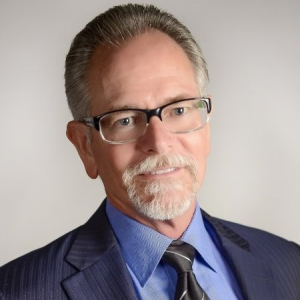Virtual clinical trials won’t eliminate the need for clinical trial professionals anytime soon, and the technology’s most dazzling predictions are likely years away from having a big impact on sites and the clinical trial workforce.
However, that’s not an excuse to sit back and passively wait to see what’s coming next, says John P. Neal, CRCP, founder and chairman of PCRS Network, LLC, and the 2019 Chair of the Association Board of Trustees for ACRP. “If I were a clinical research coordinator, I’d keep my ear to the ground from a career perspective,” Neal says.
Neal will take part in a panel discussion at ACRP 2019 in Nashville that he’s hoping will “allay some fears” professionals in the workforce might be feeling about looming changes. For example, while technology and other forces suggest there might be fewer sties needed to perform trials in the coming years, that doesn’t necessarily mean there will be fewer professional opportunities. Instead, Neal predicts sites might end up being selected based more on demonstrated data skillsets and relationships with patient advocacy groups.
Trials may also become more patient centric and centralized, he suggests (e.g., five regional sites might handle the patients in a national trial rather than 20 disparate locations).
It’s also important to remember, Neal says, that the human factor will never go away entirely. Virtual trials are “not a panacea,” he says. “Not everyone is comfortable with someone coming into their home,” no matter how impressive the remote technology in use may be.
Neal also cautions those in the clinical trial workforce not to underestimate the enthusiasm of the Food and Drug Administration (FDA) when it comes to innovation. “Let’s just not assume the FDA will reject everything,” he says. In fact, the agency is “encouraging innovation in areas such as technology and study design.”
The clinical trial workforce doesn’t want to fall behind, either, suggests Jamie Macdonald, chief executive officer at PAREXEL International. “There just seems to be a little bit of a reluctance in the industry to be that early adopter of innovation and new technology…it’s a little bit of a concern that we are a slow adopter,” he says.
Macdonald believes the ACRP 2019 panel and audience interaction will help improve the situation. “I think everybody is pretty focused on the same sort of things, and I’m looking forward to hearing from people that are an important part of the clinical development process,” he says.
Author: Michael Causey



